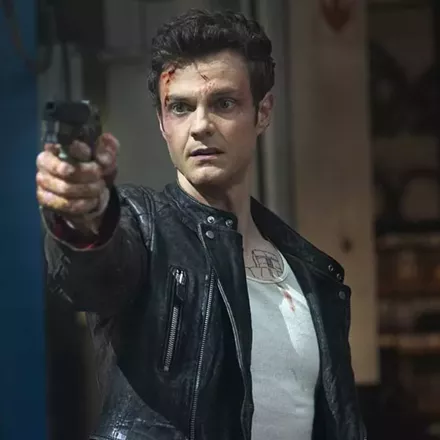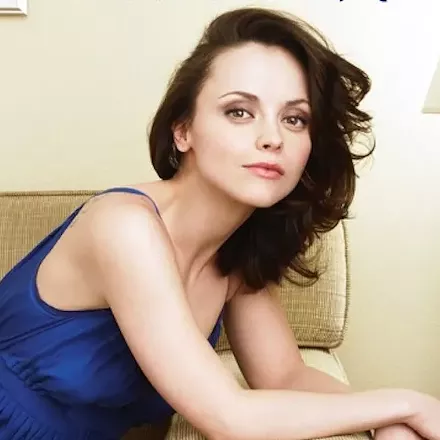
- The Raid 2: Berandal
For 11 days in Utah’s mountains in January, not a flake of precipitation fell on the 2014 Sundance Film Festival. And the cheery blue skies could not possibly have been a better match for the mood of the festival’s best films.
Despite the success of quirky Sundance comedies like Little Miss Sunshine, Napoleon Dynamite and (500) Days of Summer over the years, the festival’s breakout hits of late have been gritty dramas: Precious in 2009; Winter’s Bone in 2010; Beasts of the Southern Wild in 2012; Fruitvale Station in 2013—and that’s saying nothing of the very earnest, very serious documentaries.
But the U.S. Competition slate—though it included dour-faced material like Kristen Stewart as a conscience-stricken Guantanamo Bay guard in Camp X-Ray—found its only real consensus favorite in Whiplash, the story of a first-year student named Andrew (Miles Teller) bringing his drumming skills to New York’s prestigious Shaffer Conservatory music school, colliding with demanding-bordering-on-sociopathic teacher Terence Fletcher (J.K. Simmons). It plays out as a sort of Full Metal Jazzband with Fletcher as drill sergeant, and Simmons is ferociously funny tearing into Fletcher’s epic, profane tirades. Though there’s a sports-movie undercurrent and a dynamic drum solo for the finale, it’s the caustic humor that’s likely to linger in memory.
Laughs with an edge characterized two of the festival’s other great comedies. On the slightly more conventional side, there’s They Came Together, a magnificent genre parody of Hollywood rom-coms from David Wain and Michael Showalter (Stella, The State). Paul Rudd and Amy Poehler play a couple recounting the story of how they found true love, and while it may seem a decade or two late to be making gags at the expense of When Harry Met Sally… and You’ve Got Mail, the ruthlessly funny takedown of various clichés—the girl’s “trying on outfits” montage; the boy’s advice from friends who say things like “I’m married … and that’s the point of view I represent”—will be a joy to anyone who has endured countless variations of the theme.
On the less conventional side, Alex Ross Perry’s Listen Up Philip follows a narcissistic novelist (Jason Schwartzman) in a terrific study of the bad behavior that a certain kind of artiste justifies as ruthless integrity, and how easy it can be for others to cut them near-infinite slack because genius has its own rules, etc. It also may be the best Woody Allen movie in at least 15 years.
There was plenty of other funny stuff, too—all sounding to various degrees like exactly the kind of comedy you expect to play at Sundance, but nailing real belly laughs and insight beyond their oddball premises. Comedian Jenny Slate showed surprisingly strong acting chops in Obvious Child, a dark comedy about a young woman dealing with an unplanned pregnancy; ditto for newcomer Desiree Akhavan in the semi-autobiographical Appropriate Behavior, exploring with wit and smarts her identity issues as a self-identifying bisexual who happens to be the daughter of first-generation Iranian immigrants. Bill Hader and Kristen Wiig played the titular dysfunctional siblings—and rocked a killer karaoke of Starship’s “Nothing’s Gonna Stop Us Now”—in The Skeleton Twins, while a less conventional comedic pairing of elderly ex-brothers-in-law took a trip to Iceland in the charming Land Ho! It was, quite simply, one of the best top-to-bottom Sundances for comedy in recent memory.
That’s not to say there weren’t also highlights in completely different areas, as well.
From the New Frontier section came The Better Angels, a dreamy meditation on Abraham Lincoln’s formative years in Indiana from A.J. Andrews, a protégé of Terrence Malick who mimics his mentor’s lyrical style but adds a clearer narrative anchor and black & white photography that heightens the sense of real-world struggle. Director Steve James brought the lovely biographical documentary about film critic Roger Ebert, Life Itself. And action fans could even get an electrifying charge from The Raid 2: Berandal, as Gareth Evans followed up his brutally effective martial-arts adventure with a story that broadened the scope and provided even more did-I-really-just-see-that? thrills.
Yet the surprising pick as this festival’s most universally-loved film turned out to be a horror picture: The Babadook, Australian director Jennifer Kent’s portrait of a single mother (Essie Davis) whose struggles with her troubled 7-year-old son (Noah Wiseman) manifest themselves in a creepy children’s pop-up book about a boogeyman called Mister Babadook. Like all the best horror, it digs at something primal in our psychology—here, unprocessed grief—while effectively jangling the bejeesus out of viewers. At the end of a very funny festival, the most potent laughter was of the nervous variety.
Twitter: @ScottRenshaw


